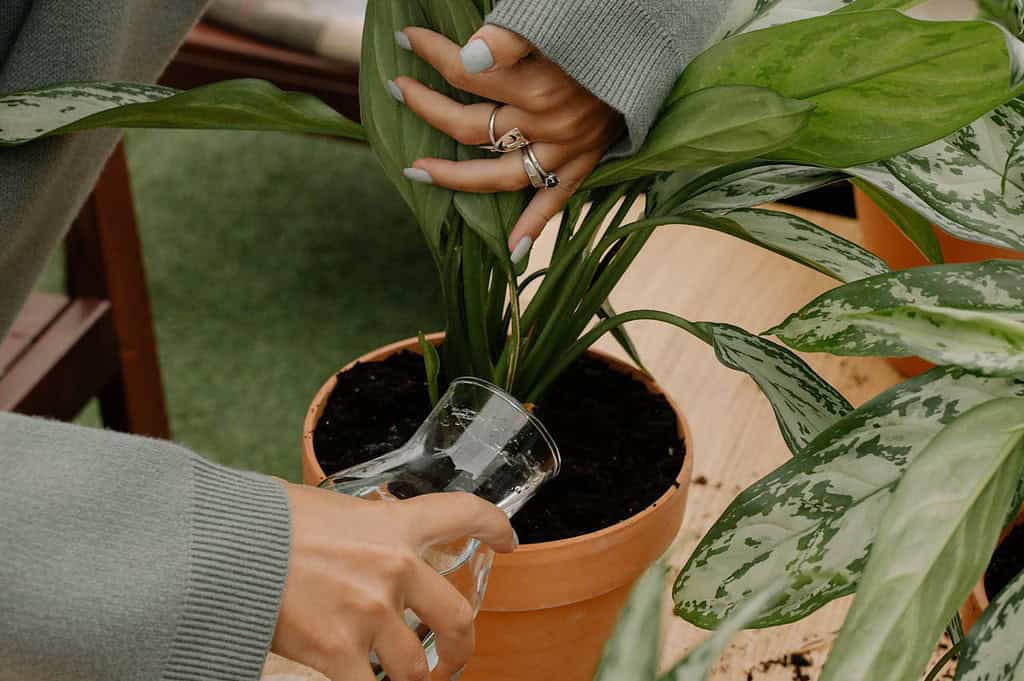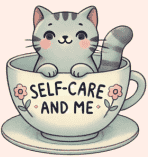It is common to associate the word acceptance with contentment and happiness and I have only relatively recently become aware of how important it is for us to develop self-acceptance. I have agonised over some pretty tricky relationships in my lifetime and through therapy have tried to accept that people don’t always look at the world the way I do. The world and pretty much everything in it often seems to be up for interpretation. I have often found myself wondering both, ‘why are they like that? As well as, ‘why am I like this?’ Tolerating people we find difficult is often about as close as we can get to accepting the way they are. This has always been true for me with people I find difficult to work with or even just be around. And for a long time, there were parts on myself that I was only just tolerating too. Accepting ourselves and others goes hand in hand. By knowing ourselves and accepting ourselves as we are, we can begin to take both control and accountability for the choices we make. We can do a much better job of looking after ourselves. It is only then that we can truly understand how different we all are and begin to be curious about those differences rather than constantly coming up against resistance and frustration. We become better at compassion towards ourselves and others. It is only then that we can let go of some of the high expectations we have and begin to feel good enough and experience some of that contentment we are all looking for.

A good place to start with this is getting to know yourself. Some people think they are really good at this but with a little digging realise that the only time they have really thought about this is when they have had to sell themselves in their personal statement on their CV or in a job interview. But I’m not talking about your work persona, that is just one aspect of your personality. I’m talking about your personal tastes, preferences, values and interests. If you struggle with this, I have found the Myers-Briggs personality test a good place to start. I can be very validating to read about your own personality and have a feeling of ‘oh my God, this is me!’. But be aware that this is just a starting point and needs to be fleshed out by supplementing with your own unique life experiences. You may find other personality trait information and books useful such as finding out your DISC profile, love language or even your zodiac sign -although it matters very little as to whether you actually identify with being a ‘typical Capricorn’, you can just use this to gauge whether or not you agree with these traits belonging to you. You don’t need to fit into any one box, you just need to know who you really are deep down.
Another good way of beginning to think about this is to develop an awareness of how you feel in certain situations or considering why you have made certain choices in life. For example, in my own life I have reflected on that fact that my current work situation has arisen due to how much I prioritise time with my children. I am also aware of how much happier I am with smaller groups of people rather than large ones. Sometimes it takes someone else that is close you to point out situations where you seem agitated or unhappy before you even notice – like that saying ‘a fish doesn’t know it’s in water’, sometimes we don’t recognise when we are feeling uncomfortable, especially if we’ve become used to ignoring those feelings.
We all have these preferences but often they are overshadowed by our desire to conform to what we perceive to be the expectations of us from others. We do need to look outwards sometimes to see the reflection of ourselves in those around us – to recognise our successes or failures, to see where we belong alongside our peers. But it is important to remember that you don’t have to just go along with what everyone else is doing. When I got married, both sides of our family were keen on a big celebration and so that’s what we did. If I could go back and do it all again I would probably opt to elope and have a smaller celebration later on. Nothing can be done about the past and I can see the positives that came from the wedding that we did have, but most importantly that experience taught me a lot about myself. I now know that when I have made a choice that doesn’t align with my own preferences or values, I begin to suffer with serious uncomfortable feelings like stress, anxiety and exhaustion. There is nothing wrong with having these feelings as we can approach them with curiosity and use them to find out more about ourselves. It means we can identify what our preferences are and make choices that better suit us so that we are not sacrificing our authentic selves for the happiness of others.
No one is perfect. We don’t need to compare ourselves to other people as we only need to hold ourselves up to your own standards – and even then, we need to be kind to ourselves and remember we are all a work-in-progress. Most of us have at some point in our lives felt like we wish we could be different in some way, sometimes we wish we could be more like someone else we know. Having lived with social anxiety throughout my life, I have often wished I just didn’t care as much as I do. That I could just flip a switch and stop worrying so much. It’s frustrating when you can see a logical side to a situation but you can’t turn off your irrational feelings. You can’t just change who you are but you can accept what know about yourself and make better choices that support your personality traits. I don’t let my fear of social situations stop me from socialising because I know it’s important for my health and wellbeing and I am able to enjoy myself once I’m there. I am just very picky with when I spend time socialising – it needs to be the right day, time and time of the month. I also choose who I want to spend my time with and limit interactions that will have a negative impact on my mental health. When I see pictures of everyone smiling at a work event, I sometimes feel a bit left out. But when I really think about it, I am glad for them that they had a great time and I’m glad for me that I am able to keep my work friends without feeling pressured into a night out that I know I wouldn’t enjoy.
Strengths and weaknesses.
Something I have often noticed in myself and others is that our biggest weaknesses (that’s to say the traits we have that we have most difficulty with) are often directly linked to our biggest strengths. Overthinkers, that spend so much energy worrying about whether they said the wrong thing or like to plan out every tiny detail of a holiday, can also be the most considerate friends and the most reliable and organised. It is important that we recognise that there is a positive to every trait we see as a negative. It is about recognising and managing our difficulties so that they don’t become what defines us. We can also use our own difficulties to cultivate personal growth. If like me, as a parent, you struggle at times to be patient with your children, you could explore that. I have found that two of the biggest factors that determine my ability to be patient with others is whether I’ve had enough sleep and whether I’ve had enough alone time. By understanding my needs and preferences I can use that to make sure I balance my life accordingly so that I can manage my impatience when it comes up.
Conclusion we are all individuals and we need to take time to get to know ourselves. We can make changes to support ourselves with known difficulties, we can also use difficulties to inform our personal growth.
As I edge towards my forties, I find myself, almost out of nowhere, beginning to realise that I really am okay just the way I am.
